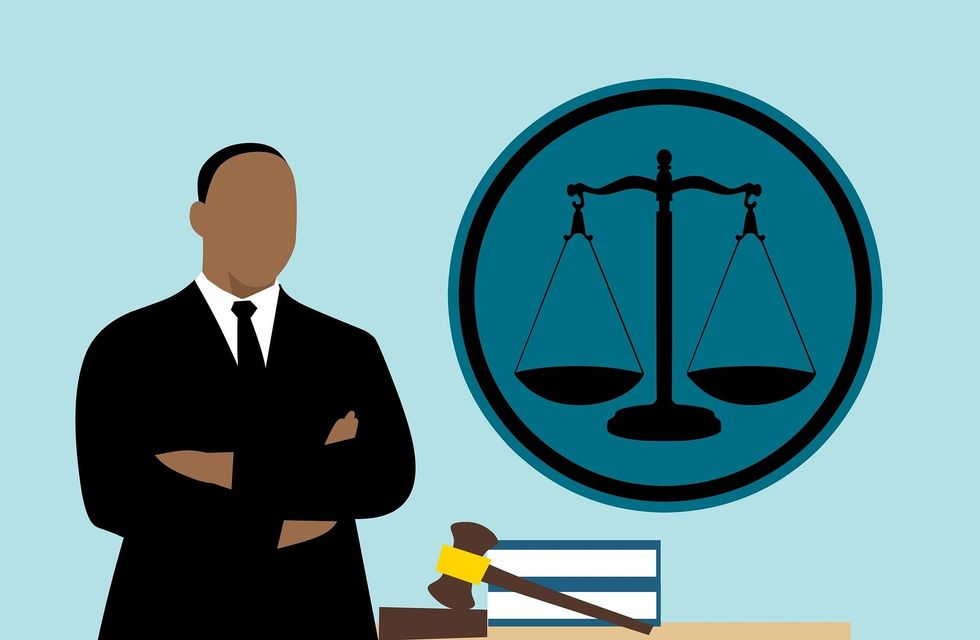Republicans and Democrats alike are banding together to clear the names of millions of former offenders across the United States. This is a boon for former inmates who must struggle to do basic things, such as find a decent job or acquire a mortgage.
Across the nation, the Clean Slate law is giving people a fresh start, but is this new approach to criminal justice viable?
A CNN report reveals that Governor Tom Wolf believes that Pennsylvania's newly enacted Clean Slate law will give people with criminal records a chance to land better jobs and secure housing. According to the report, Pennsylvania started to seal millions of criminal records in June 2019.
The Clean Slate Law
In 2018, representatives passed the Clean Slate law with an almost unanimous vote. Finally, the law went into effect in June. Under the law, the courts have until June 2020 to seal over 30 million criminal records. Furthermore, they must do so without people having to file petitions, according to a representative from Community Legal Services of Philadelphia.
Wolf goes on to say that he's proud of the legislation. He also expresses that it will make it easier for people who have entered the criminal justice system to reduce the stigma that they'd typically experience when looking for work and housing.
People who the courts did not find guilty or who committed misdemeanors – and committed no subsequent offenses for 10 years – are eligible for the program. The courts will also seal the records of people who've committed misdemeanor offenses and were sentenced to less than two years in prison. Additionally, the court will seal records that did not result in a conviction.
However, former offenders must have paid all their fines to qualify for the program. Nevertheless, the Clean Slate law makes the criminal justice system more equitable and fairer for individuals who have paid for their transgressions via the criminal justice system.
Clean Slate Is a Big Deal
A University study found that 25% of former offenders who received expungements were able to secure higher wages in the following two years. In the past, criminal records continued to inflict punishment years after offenders had completed their sentences.
By introducing the Clean Slate law, legislators have effectively stopped criminal records from reducing many former offenders to a lifetime of poverty. According to Community Legal Services of Philadelphia representatives, agency workers filed 3,000 petitions in an attempt to clear old criminal records that were preventing many reformed former offenders from getting a second chance at life.
The sealing of records in July marked the second round of Pennsylvania's changes due to the Clean Slate program. The first phase of the program began in December 2019. During that phase, people with old misdemeanors who had not committed a crime for 10-years or more were able to request that the court seal their records.
Before the program, the state did allow former offenders to request an expungement, which is when the courts erase a criminal record after a certain amount of time. The Clean Slate program covers a broader range of offenses. However, it does not erase criminal records. It seals the records so that they're not available to the public, but they're still open to law enforcement personnel.
Getting Clean In PA: A Look at How Clean Slate Works in Pennsylvania
For the program, the government uses technology to seal the records of former offenders from the public. For instance, the program mandates that the courts seal arrest records if charges are dropped. It also requires that the courts seal records for minor convictions after a decade.
Automatic sealing started in June 2019, and by June 2020, Pennsylvania will have sealed over 30 million cases. This number represents over half of the old criminal records in the court's database. The best part about the new law is that it will save former offenders from having to pay for the cost of filing petitions with the court to have their records cleared.
Apparently, corporate social responsibility is even catching on with the federal government in the United States. The Clean Slate Program is a perfect example of how organizations can change their operating policies to promote social justice and promote a better quality of life for all people.
Before the law, only 6.5% of former offenders filed for expungements. The Clean Slate law addresses the gap between the people who are eligible to file for expungement and those who actually follow through with the process. The technology-fueled referendum will also benefit the many individuals for whom the courts have handed down misdemeanor convictions and have committed no further crimes.
By sealing criminal records from the public, the Clean Slate program will enable hundreds of thousands of former offenders to live a life with a value that's worth more than their mistakes. The program will enable them to find work, housing and live the life that they deserve – despite whatever errors they may have made in the past.






























